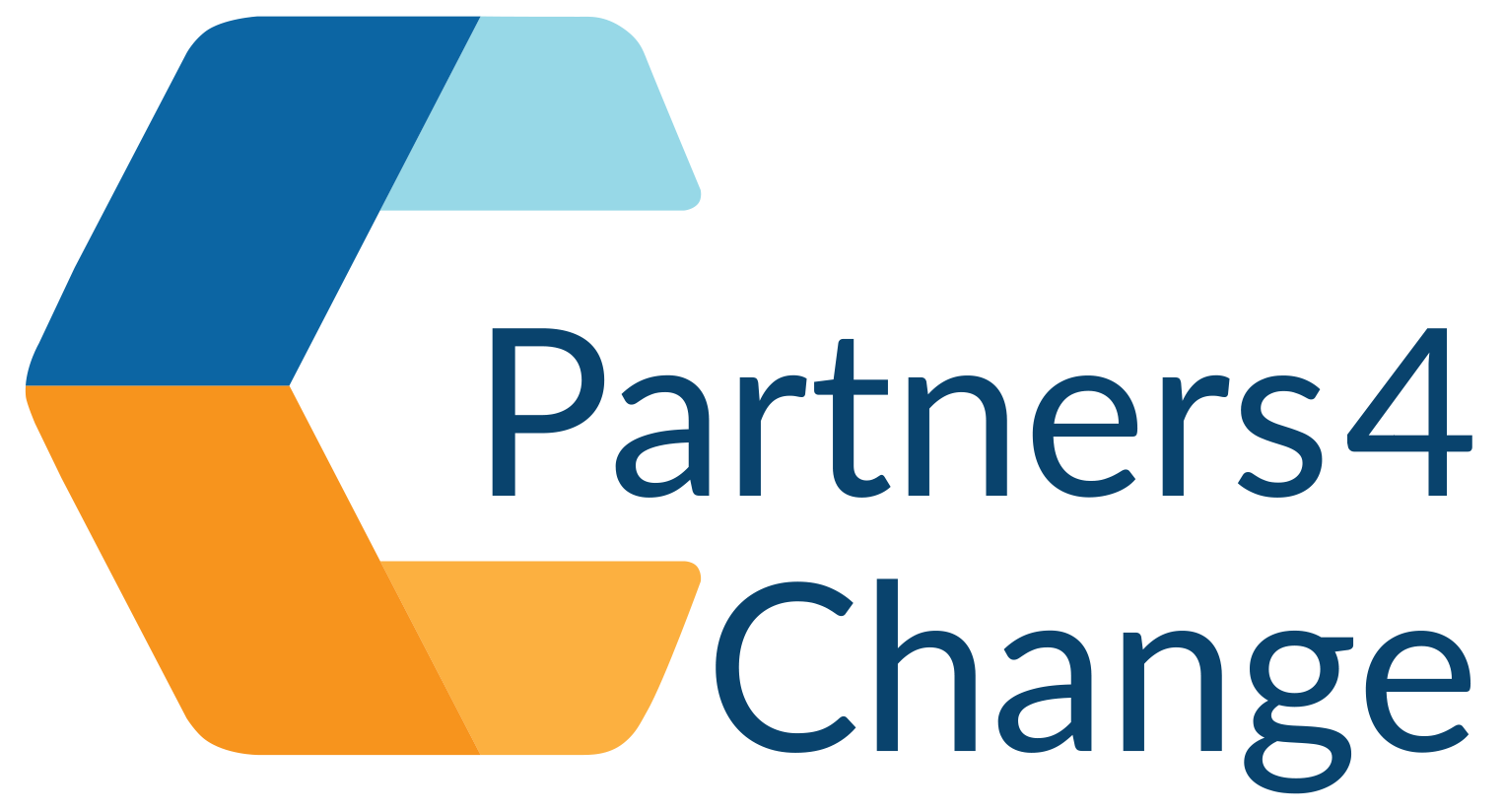Exciting times in Essex
It is an exciting time in Essex. They have just completed the full implementation of Good Lives – their programme name for implementation of The Three Conversations® across Adult Social Care, including implementing within Transitions, Hospital and Prison Settings.
So how was it achieved?
Approach: It was agreed – with support from the Executive Team and the Adult Leadership Team – that Essex wanted to achieve a sustainable approach to change. The usual approach of another organisational change in staff and ‘Big Bang’ approach was disregarded in favour of an incremental approach. All staff were invited to join in the Good Lives conversation, using the same three-month methodology that was applied to the innovation sites. This involved kick off meetings, clarifying what was going to be different, defining success measures and finally an evaluation at the end of the three months. Whilst it was possible to have some common success measures across all teams, there was also the recognition, that within each team, there may be differences.
Most teams took six months to fully implement within their team, because they invited half of the staff to work in the new way first, and then brought in the other half at the three-month evaluation point. All staff had access to a mentor from a previous innovation site.
At the time, this was seen to be the right approach in order to minimise the impact on productivity whilst staff were learning to have different conversations. On reflection, this could have probably been achieved by taking a whole team approach. Staff not included within the first invite were keen to be working in the new way and were hearing different conversations as they sat next to their colleagues.
Workforce: It was important to know the workforce requirements and productivity levels, in order to ensure that teams had the right resources to enable the change in practice. As a result, there was minimal need to move front line staff, but there was a recruitment drive to fill vacancies across the workforce. Whilst no one likes to discuss waiting lists, there is a need for transparency and for difficult decisions to be made about priorities – something that Essex achieved by understanding the gap between workforce requirements and productivity.
Whilst there was no formal classroom training for staff to attend, action learning was fully embedded across all teams and supported by mentors from within the early adopters.
Systems: The case management recording system was radically changed to capture the conversations which were influenced by those staff within the early innovation sites. The benefit of this approach has resulted in practice driving the system rather than the system driving the practice. The down side was the impact on collecting data: the system must capture all data reporting requirements (relying on spreadsheets and complex hand offs) in order to support the analysis and validate the success of Essex’s version of The Three Conversations® being implemented.
Financial evidence: Gathering the data and agreeing the evidence was the single most difficult part of implementation. Essex already had a number of saving plans in place, and so as a result, it was important to avoid double counting the financial benefits. However, implementing The Three Conversations® enabled Essex to say how the benefits will be achieved across other saving plans. Having the right conversations at the right time, building on the assets and strengths of people, their families and their communities, and thinking about formal services as the last offer, has to be the right thing to do. We need sustainable outcomes for people and their families, as well as across the social care and health system.
This is not the end of Essex’s journey, but rather the beginning of a new chapter. Essex are now working with providers to fully develop a trusted assessor role as part of their next developmental step.
